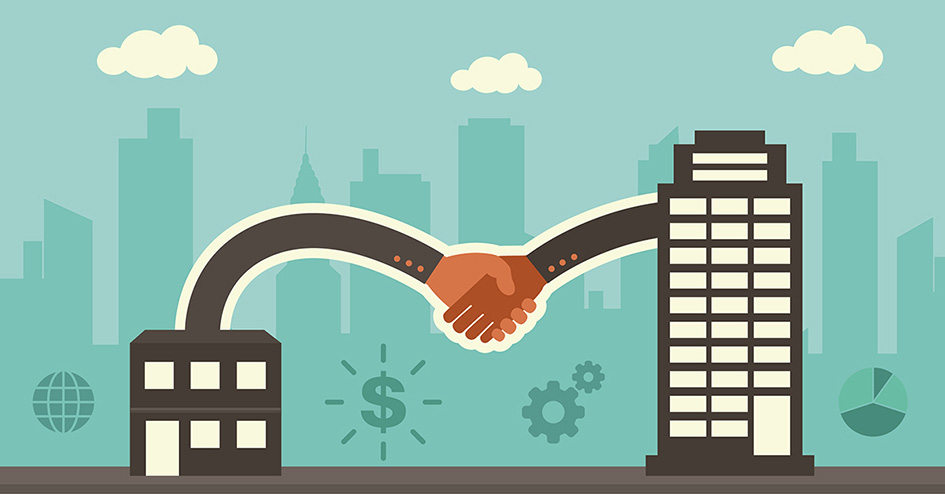You all know the “big deals” model of marketing. Like some guy screaming in an unintentionally-funny video that goes viral, yea? Or some concept that these big deals — these insane deals — will only last so long and you need to do it NOW NOW NOW. We still very much compete on cost in the western world, so this is all logical. People probably don’t make as much as they should and they got families to develop, so we all need a few big deals here and there. $45 worth of food for $15? Amazing!
Does this approach work, though? In all likelihood it probably does not.
Big deals and “the bridge”
When I say “the bridge” here, I mean the bridge between traditional commerce and e-commerce. Amazon obviously hit that target pretty clean, and Wal-Mart has gotten better. Are most retailers doing it properly? Good Lord no. I’d say it’s one of the bigger issues of the modern age as a customer of anything. The online experience is one way, and the in-store experience is completely different. You know “thought leaders” have a few breathless words on this chasm.
[Tweet “Why are companies so awful at the traditional/digital commerce bridge?”]
So there’s some new research from UPenn on some of the “big deals” companies including Groupon and LivingSocial. LivingSocial was literally just sold for $0, as an aside. Jesus. That article linked there quotes this research paper, which indicates two key stats:
- Only 35.9% of consumers spent beyond the big deals value
- Only 20% returned for a full-price purchase
And now… this.
What was a big deals website like Groupon supposed to do?
From that UPenn article above:
After its overheated IPO and first incarnation, Groupon positioned itself as a matchmaker between customers wanting deals and vendors in search of new customers, and it “did not do very well with that, either,” Clemons says. “Groupon was intended to give sellers a way to get new buyers to try their product by offering selective discounts. If a seller has a superb new product in a growth market, then using Groupon to get it out in front of new customers makes sense. If a seller has excess capacity and it costs very little to provide discounted trials, then again, Groupon makes sense. If Groupon can provide a great opportunity for access to a select group of influentials who will attract lots of new buyers for the seller, then it makes sense for sellers to use Groupon.”
OK. Got it. Did Groupon do any of these things? Good Lord no. That’s why it’s no longer considered even a remotely successful company.
The problem of customer acquisition in the modern age
Everyone is chasing this, because it’s tied to growth. In a time of choice overload, though, it’s challenging — and expensive. [Customer retention would be cheaper, but a lot of CMOs forget to focus there.] A big deals website or app, i.e. Groupon, would seem to be a path through the muck here. Sadly, though, the research seems to bear out that the idea doesn’t actually work.
Why doesn’t the big deals idea seem to work?
Stop me if you’ve ever heard this quote. A 16 year-old girl in Mumbai right now has the same info in her pocket as a 1972 Fortune 100 CEO. Yep. We all have dozens (hundreds) of things at our disposal. Big deals are less attractive in that context. While we might still respond in the moment to cheaper price, we all know there’s something else big and shiny out there just beyond the thing we’re looking at now.
This is kind of a problem with how a lot of companies — and “entrepreneurs” — set up their digital marketing. It’s all fucking buttons and whistles and auto-play videos. People over-focus on campaigns and campaign assets, which tend to usually suck. Because there are so many options in the digital marketing sphere — all of them promising 72,00% growth — it’s really about two things:
- “Blow up the bridge,” i.e. remove your pre-held assumptions
- Know your brand and add value for your users
It’s not rocket science but many miss it, instead choosing to focus on this “big deals” / “you can have it all from me” culture. People see through that, I think. They take the deal and never come back.
What else you got on the big deals situation?
